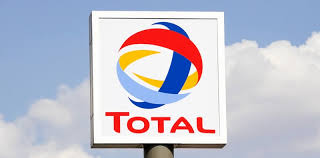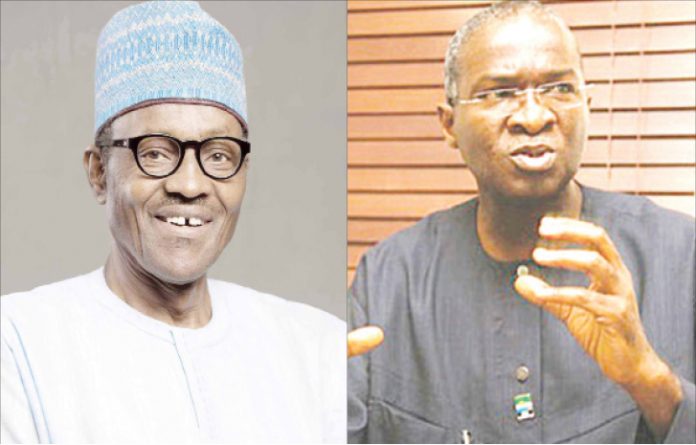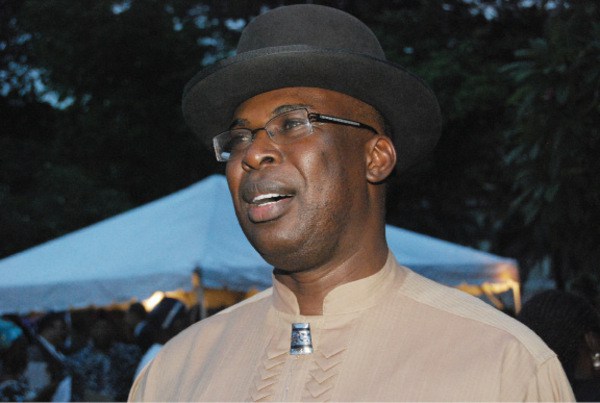Just as excitements grow for the successful arrival of the $16bn Egina Floating Production, Storage and Offloading (FPSO) vessel, industry analysts have started looking at critical challenges that may frustrate the concluding fittings of the facility at Samsung Yard (SHI-MCI FZE quayside) in Lagos.
Egina FPSO, funded by Total upstream, arrived in Nigeria from South Korea for 200,000 barrels oil production per day capacity at Egina deepwater oilfield.
The FPSO, which was built by Samsung Heavy Industries (SHI), sailed away from the quay side at Samsung Yard in Geoje, South Korea, on October 31, 2017, on its long anticipated journey to Nigeria, which was initially estimated to last for 90 days.
Before now, the Nigerian Ports Authority (NPA), had clamped down on interests that negate standard operating procedures in terms of terms and conditions of shipping and maritime businesses including the final fabrication base of the facility on arrival at LADOL complex.
Secondly, the Senate Ad Hoc Committee on Investigation of the Local Content Elements and Cost Variations of the $16bn Egina Offshore Oil Project has ordered that the accounts of the project be audited.
According to the Senate Committee, the forensic audit will look at the price differentials beginning from the first time the scheme were approved by the federal government during the last administration of President Good luck Jonathan.
Chairman of the Committee and Senator representing Lagos West, Senator Solomon Adeola (Yayi) and his members had frowned at the galloping rise of the Joint Venture project between NNPC and Total Upstream from $3bn to the current arrival cost of $16bn.
It was not yet clear if the FPSO would be allowed by law based on the objections of NPA and the Senate to continue the concluding part of the construction which borders of fabrications and local content addition before it sails into the production Egina field.
The lawmaker also asked the Nigerian Content Development and Monitoring Board to provide all relevant local content approvals it had granted the Egina project, including expatriate quota, trainings and related local content matters.
However, the Chief Operating Officer, NNPC Upstream, Mr. Bello Rabiu, told the Committee that the corporation had not called for an audit because the project was going smoothly.
He was further quoted as stating that the NNPC had so far approved $10.3bn of the total cost of the project, which was put at $16.3bn, in contrast to about $11.4bn contained in documents of Total Upstream.
The Managing Director, Total Upstream Nigeria Limited, Mr. Nicholas Terraz, in his response informed the lawmakers that the project was going according to plan.
Pundits say the cost may have been knowingly over-invoiced as a ploy to rip off the government as before real revenue will begin to hit federation account from the facility, cost of delivery need to be offset.
Located in the Oil Mining Lease (OML) 130 offshore, the Egina oilfield, which will add 200,000 barrels per day of crude oil to Nigeria’s daily production when it comes on stream by the end of 2018, is being developed by Total Upstream Nigeria Limited (TUPNL) at the cost of $16 billion.
Out of the $16 billion capital expenditure (Capex) for the six packages in the oilfield development, $3.3 billion of this amount is earmarked for building the FPSO.
Giving more details at the Samsung’s fabrication and integration yard located at LADOL Free Zone in Lagos, the Chief Financial Officer of SHI-MCI, Mr. Jin Su Park stated that the FPSO arrived Nigeria by 7a.m on January 23, 2017.
According to him, Samsung Heavy Industries invested $300 million in the yard and achieved 777 days without Loss Time Injury (LTI) on January 19, thus becoming among the world FPSO with minimal loses.









